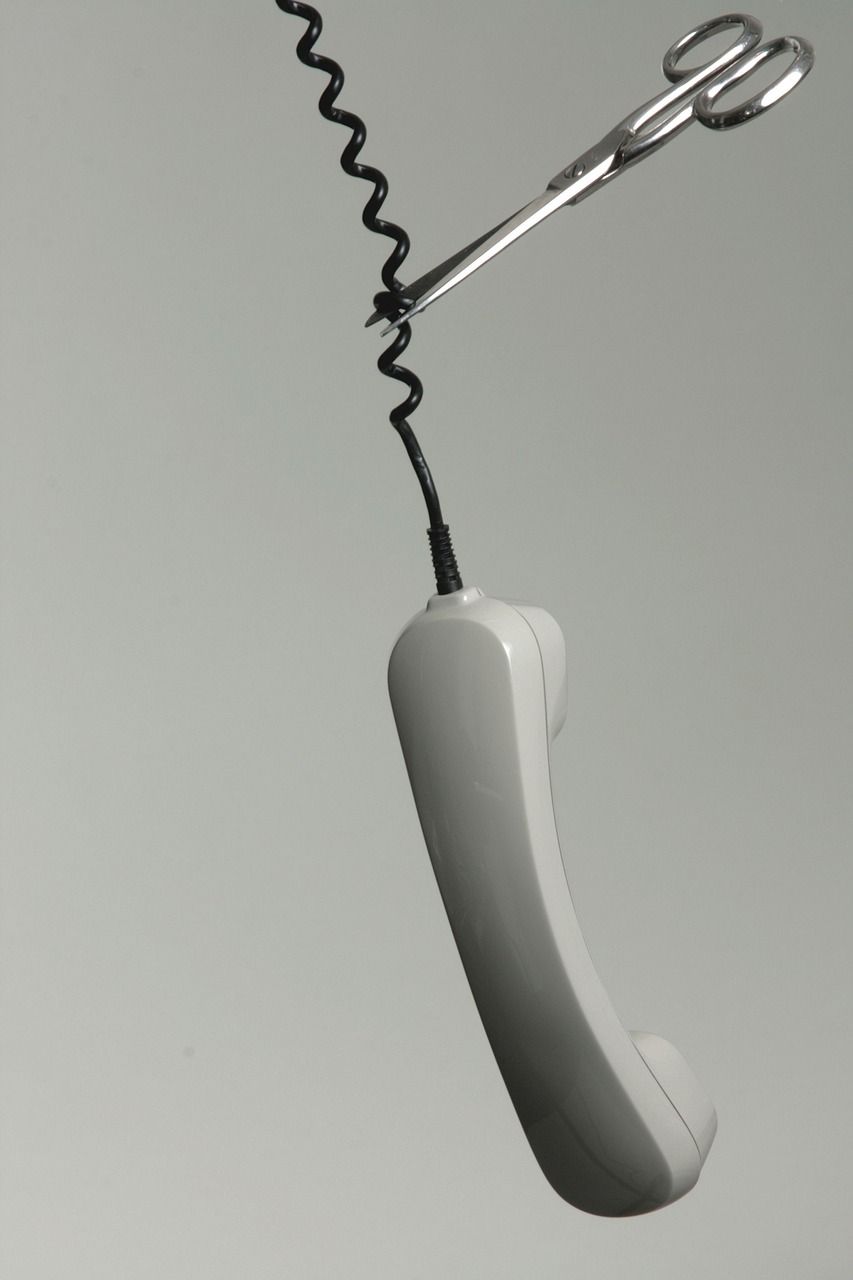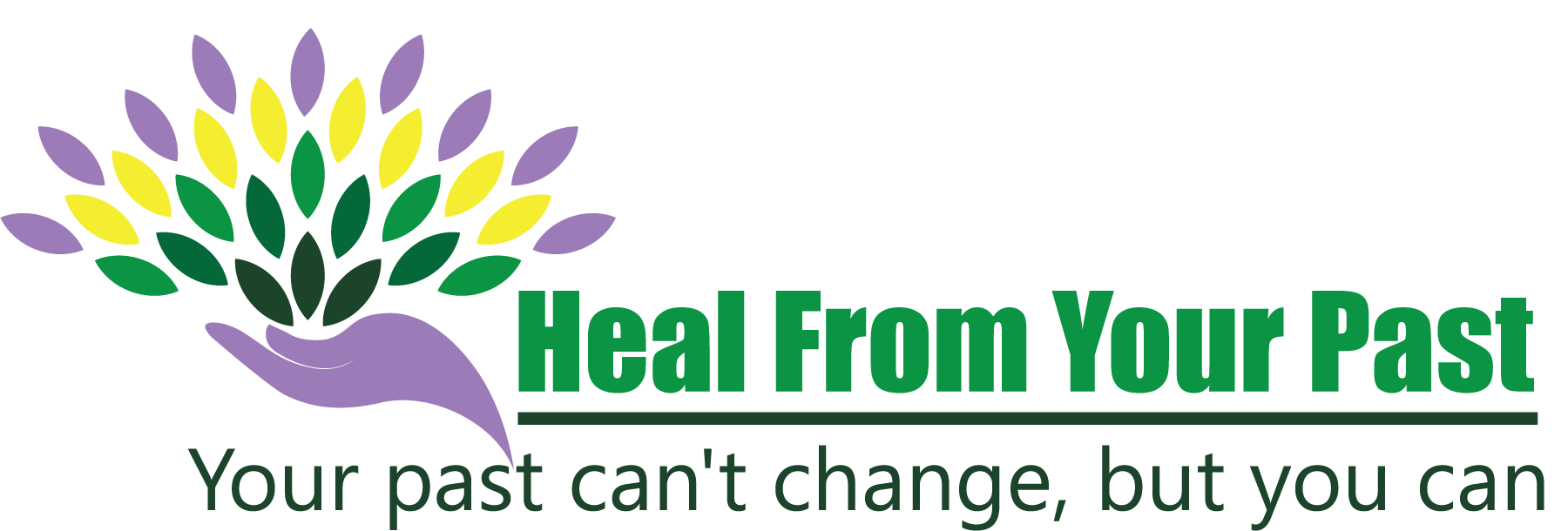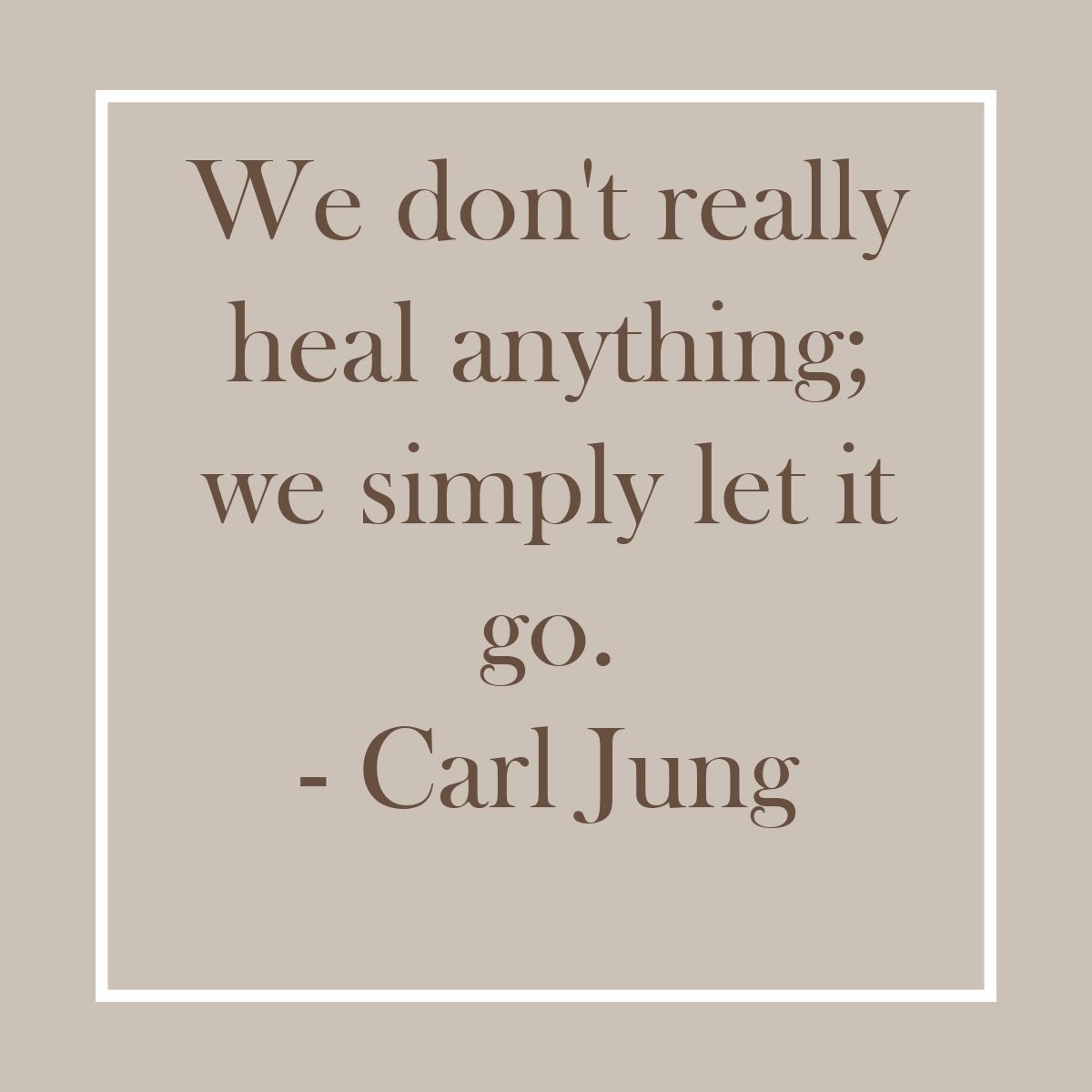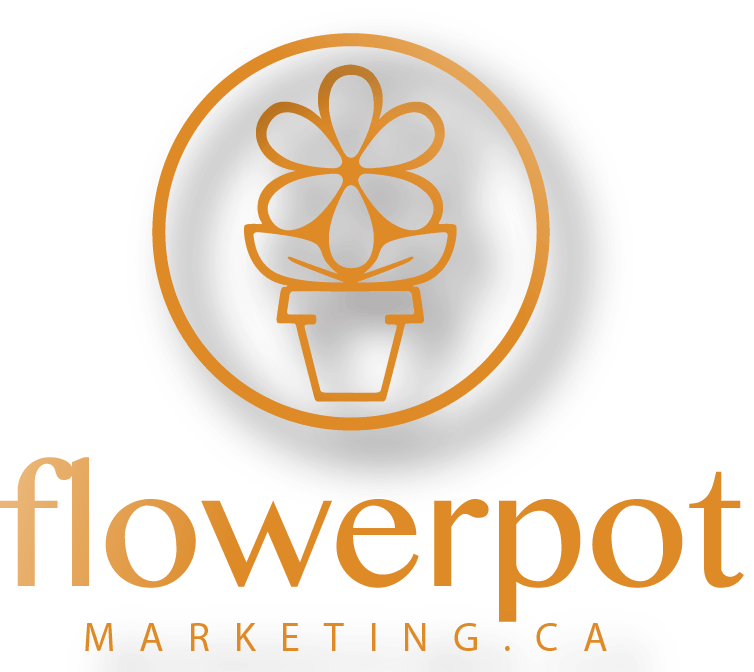Do you know what’s in your vitamins?
In a previous post , I discussed why I believe that proper vitamin and mineral supplementation is essential in today’s world in order to achieve optimal health. I’ll admit that among most dietitians and other health professionals, I am in the minority, but having personally experienced the benefits of a good multivitamin on top of an already very healthy diet, I can only conclude that either the food we eat today is not as nutritious as it once was; the atmosphere we live in is more polluted, requiring greater levels of antioxidants to protect us; or a combination of both.
I mentioned in another post some of the methods to determine how to choose a good multivitamin. One of those methods was to rely on independent reviews, such as the Nutrisearch Comparative Guide to Nutritional Supplements by Lyle MacWilliam, MSc, FP.
Last week, I was extremely fortunate to attend a seminar presented by Lyle MacWilliam, in which he described the process by which the Comparative Guide was developed. Lyle MacWilliam is a former Member of Parliament and Member of the Legislative Assembly for British Columbia. He served as Canada’s federal Minister of Health and he was heavily involved at the time in the development of Canada’s current regulatory framework for natural health products (which includes multivitamins). During his tenure, he recognized that, with the size of the industry as it was, and ever growing, the ability for Canadians to make informed choices about the quality of their supplements was getting more and more difficult. So, he used his extensive knowledge of science and nutrition to develop the Comparative Guide.
That much I already knew. It was what followed that came to me as as quite a shock. In Canada there are tough standards for the manufacturing of nutritional supplements, but in the United States, the onus is on the supplement manufacturers to prove that their products are safe, not the FDA. So, while once upon a time, it was part of the regulatory body’s responsibilities to ensure that products on the market would not do any harm, things are no longer like that. Compliance at the pharmaceutical level of manufacturing is strictly voluntary. How many manufacturers are really checking their products? How many of them will guarantee that everything they say is in the product is in there, in the doses specified? And more importantly, how many will guarantee that their product is free from contaminants ? Very few.
There are supplements on the market with traces of lead, arsenic, mercury and a whole host of other contaminants. And unless you are taking a supplement from a company that follows Good Manufacturing Procedures (aka GMPs), or subscribes to an independent verification program, there is no guarantee that the product has been tested for quality or potency.
You might be wondering why would anyone put that stuff in their products ? The same thought occurred to me, too. The fact is, they wouldn’t. But, if the raw materials from their suppliers were contaminated, then that stuff will wind up in the end product. How many times do we hear of recalls due to lead in children’s toys? It’s not an additive…it’s a contaminant.
In doing their research for the book, Nutrisearch offered any product that scored the top rating, 5.0, to apply for an additional award which was received if they submitted their product for independent verification. Out of the 14 manufacturers that got a 5.0 rating for one or more products, only 4 bothered to apply for this award. What does that say about the manufacturing standards of the majority?
Luckily, if you’re buying products sold in Canada, you’re probably safe. However, if you’re cross-border shopping, or having them shipped to you from the US, then you need to take a good look at the certifications on the bottle; there’s no other way to be certain that you’re getting exactly what the label promises, and nothing more. There are three independent non-government programs in the US which certify supplement quality: Natural Products Association Certification (NPA GMP), NSF Dietary Supplements Certification, and USP Dietary Supplement Verification (USP GMP). Independent labs may also be used to verify quality, so supplements may be labeled with the Internal Standards Organization’s ISO 17025 Certification. In Canada, all products should have a DIN (drug identification number) or NPN (natural product number).
To your good health!
If you’d like to order the supplements I take and recommend, click here.













